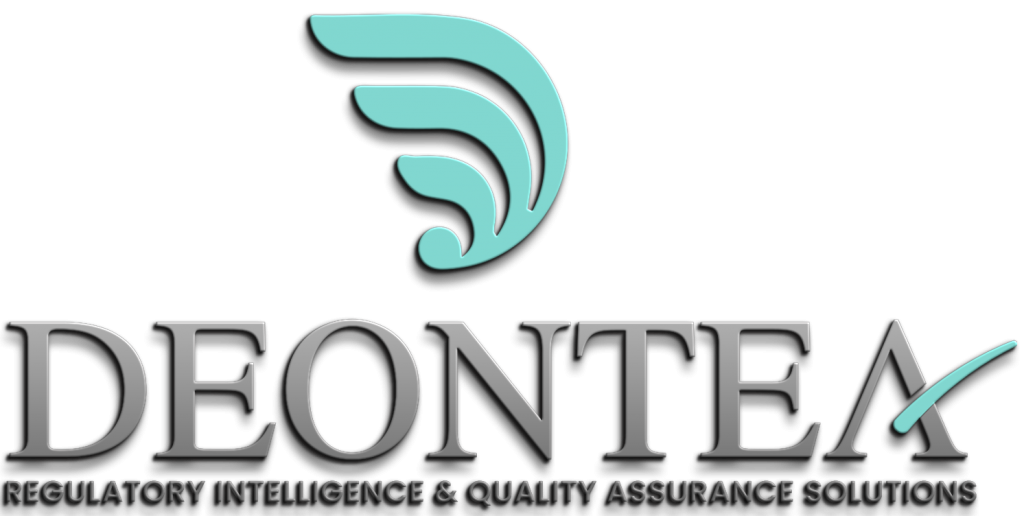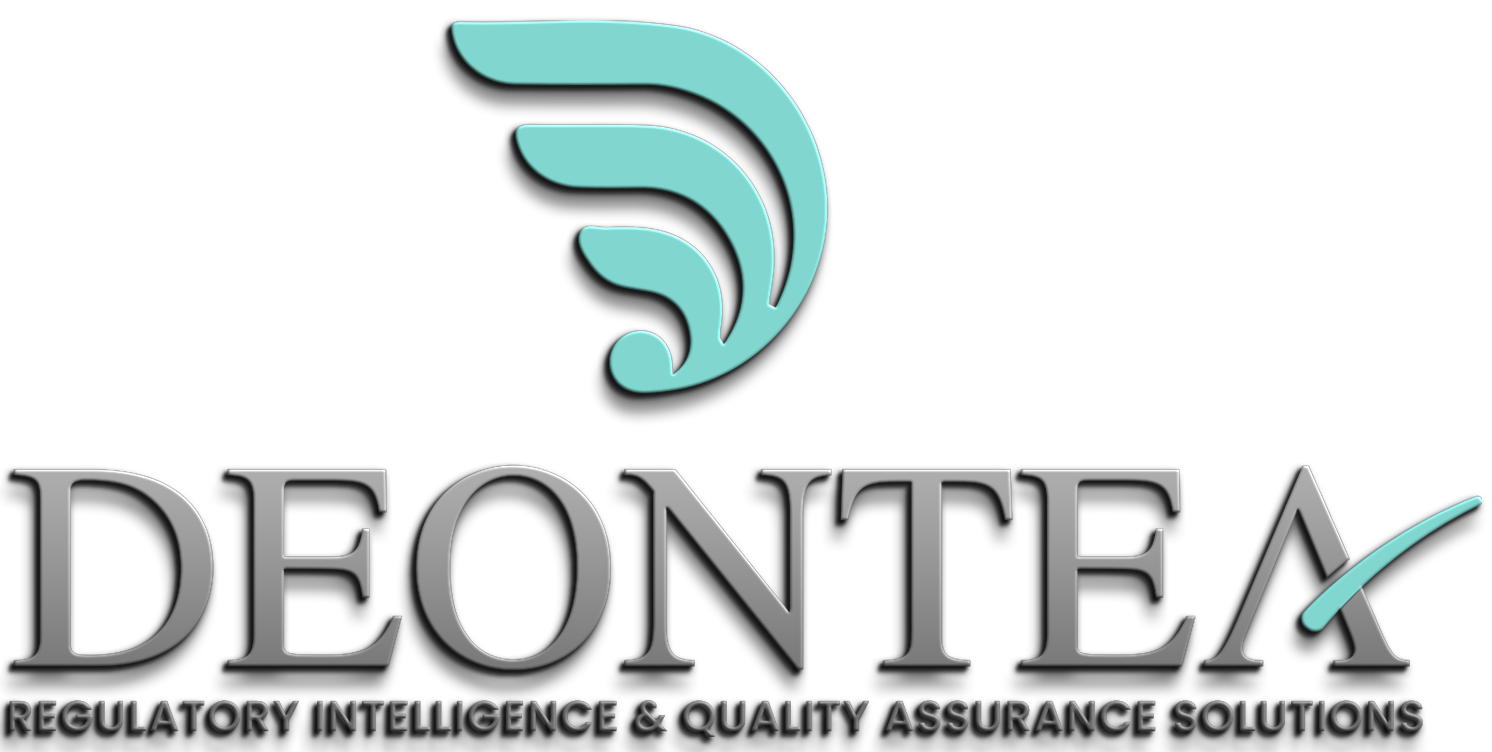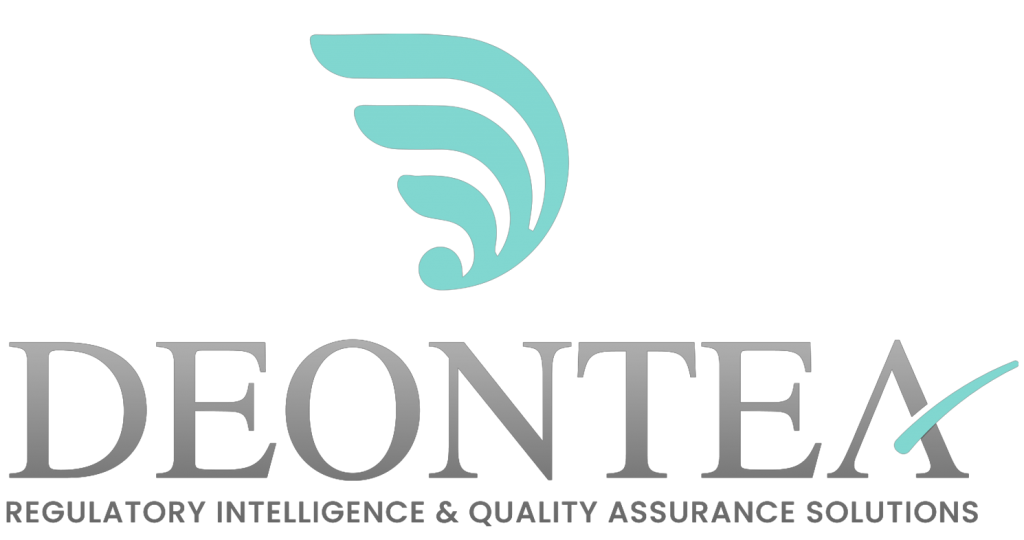RegTech Solutions: Challenges and Opportunities
MiFID II came into force few years ago now. Whilst it is not the first regulatory framework that increased substantially reporting requirements, monitoring and oversight obligations, it clearly highlighted the need for Firms to assess how to do it better and in a more cost effective and efficient manner: it’s no wonder that RegTech solutions are attracting considerable interest.
What are RegTechs?
RegTechs are firms that standardise and automate regulatory processes utilising information technology, i.e. to collect, manipulate, store and organise data generated by Firms. It aims, among others, at supporting the compliance function in delivering their objectives and ensuring that data are captured, properly analysed and reported upon. They are not however a one stop-shop that will answer all the regulatory challenges and rising demands from the regulators.
Challenges and Opportunities
Financial institutions are manipulating large amount of data every day. Compliance function cannot any more rely on excel sheets and manual check lists to cope with the growing regulatory weight if it wants to satisfy itself that all the regulatory requirements have been met. Manual data processing is not an option anymore: too many errors, gaps and inaccuracies and mostly to much time consuming.
Depending on the complexity and size of their operations, Firms need to seriously consider automating some of their internal processes. MiFIR has for instance introduced extremely precise reporting requirements via dedicated channels (e.g. transaction reporting, reference data submission) that cannot be met by other means than through an automated and standardised solution. Best Execution requirements or Market Abuse Regulation require large-scale unstructured data analysis and natural language processing. Again, this cannot be achieved via standard means.
Whilst it may seem that investing in this type of solutions will again require Firms to expand their compliance budgets, the outcomes will often be the opposite therefore they should seriously consider the opportunities and benefits it can bring. Not only it will allow ensuring the quality of data collected and provide assurance on the accuracy of the reporting and/or monitoring, but it will allow compliance functions to efficiently use their time and management bodies to be provided with a comprehensive overview of Firms activities1. (Please see our page Transforming regulatory requirements into a commercial benefit for more insights).
What are Regulators expectations when Firms adopt RegTech solutions?
As already mentioned, a RegTech solution is neither a quick fix of all the Firm’s regulatory obligations, nor a tick box exercise. The current regulatory framework requires Firms to identify precisely what are the requirements they need to comply with and to implement systems and controls sufficient and tailored to their business models (Please see our page Regulatory footprint for more insights). In addition, the outsourcing rules and the fact that whatever resources are used Firms remain ultimately responsible for their compliance with the regulatory framework will involve ensuring that the solutions adopted are embedded in their policies/procedures, that they have retained internal competences to oversee and control the outcomes generated and finally that they have adopted adequate arrangements to ensure resilience in case the solutions are momentarily and/or permanently compromised.
Whilst RegTech solutions will soon be unavoidable they have to be considered in a wider regulatory context and smoothly integrated within the Firms systems and controls.
Deontea can help you implement the right solution tailored to your business model and design or update your existing arrangements/processes to ensure that you remain compliant while moving towards a more cost effective organisation of your compliance function. It can accompany you in assessing your needs and create a relevant framework in which the RegTech solutions considered will fit


